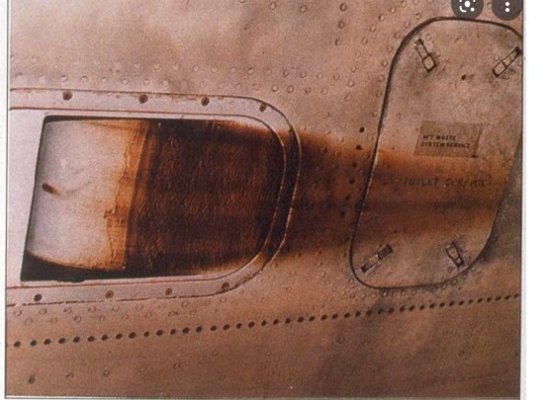If you flown recently, what did you do with the cabin air??
Did you turn it off or adjust to the flow directly or above your face??
I finally decided to fly and visit my Mom(2 years) since it appears there will never be a perfect time to fly. My friend was skeptical on flying and his father pass away hard pill to swallow.
Yes, I am wearing mask, face shield, and gloves.
Did you turn it off or adjust to the flow directly or above your face??
I finally decided to fly and visit my Mom(2 years) since it appears there will never be a perfect time to fly. My friend was skeptical on flying and his father pass away hard pill to swallow.
Yes, I am wearing mask, face shield, and gloves.

